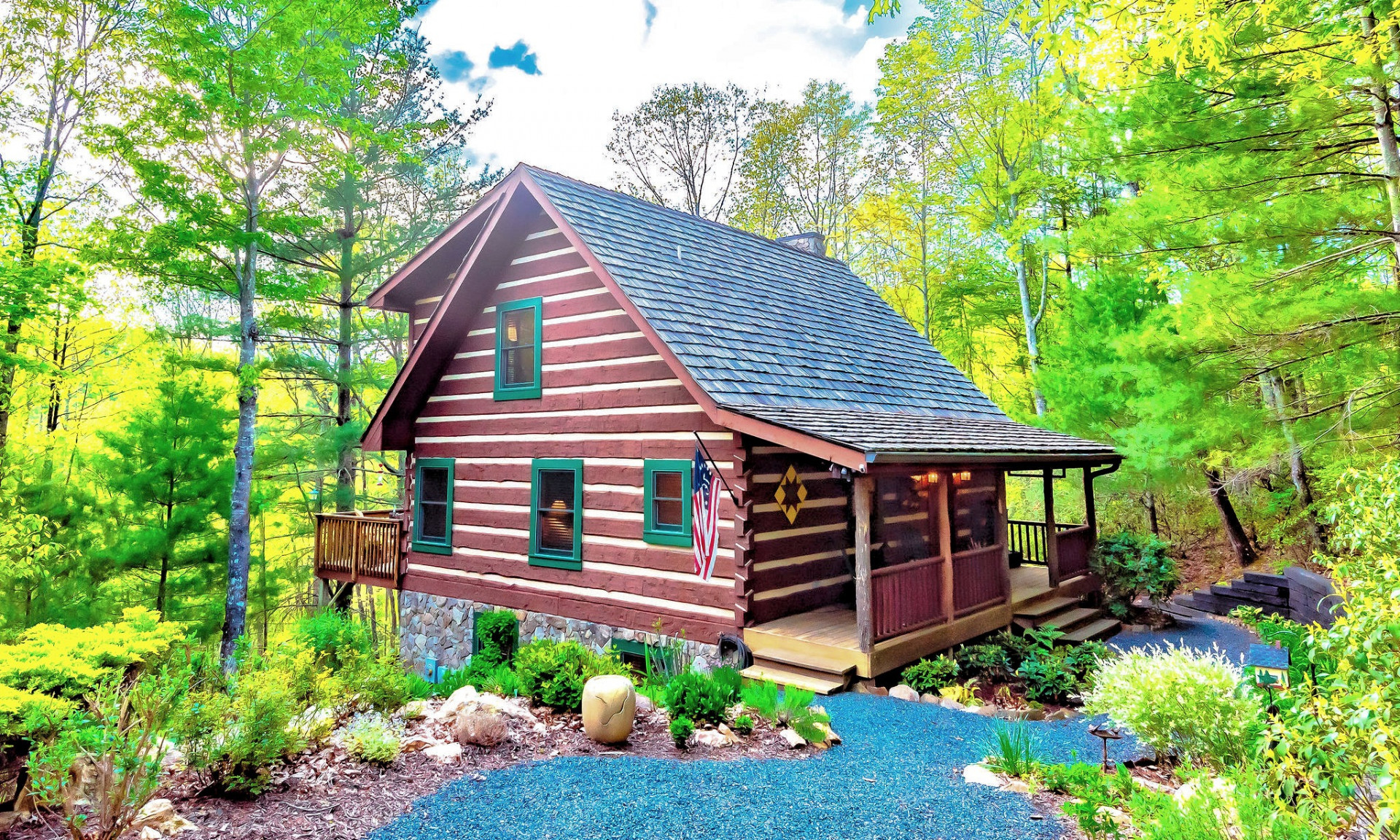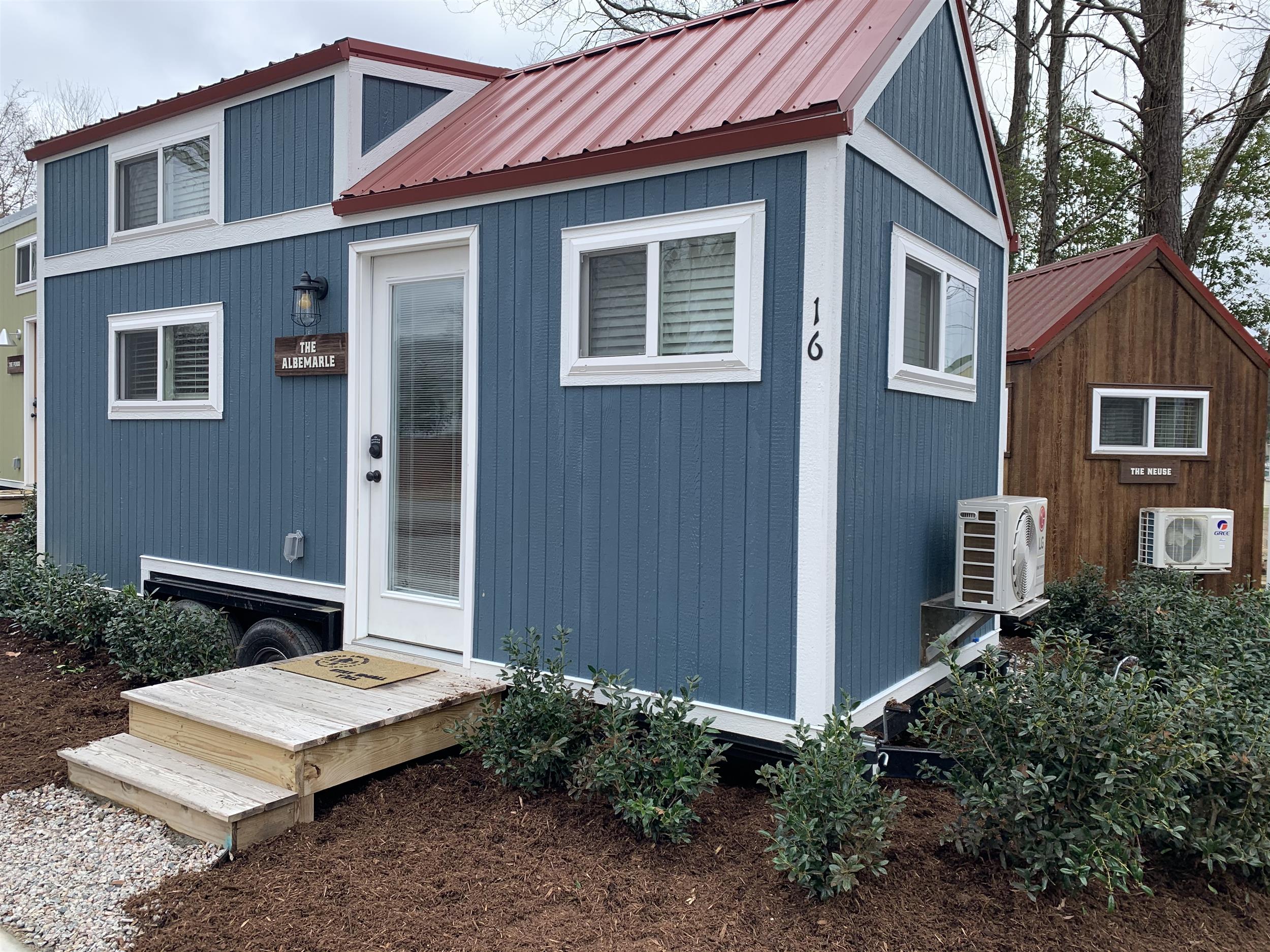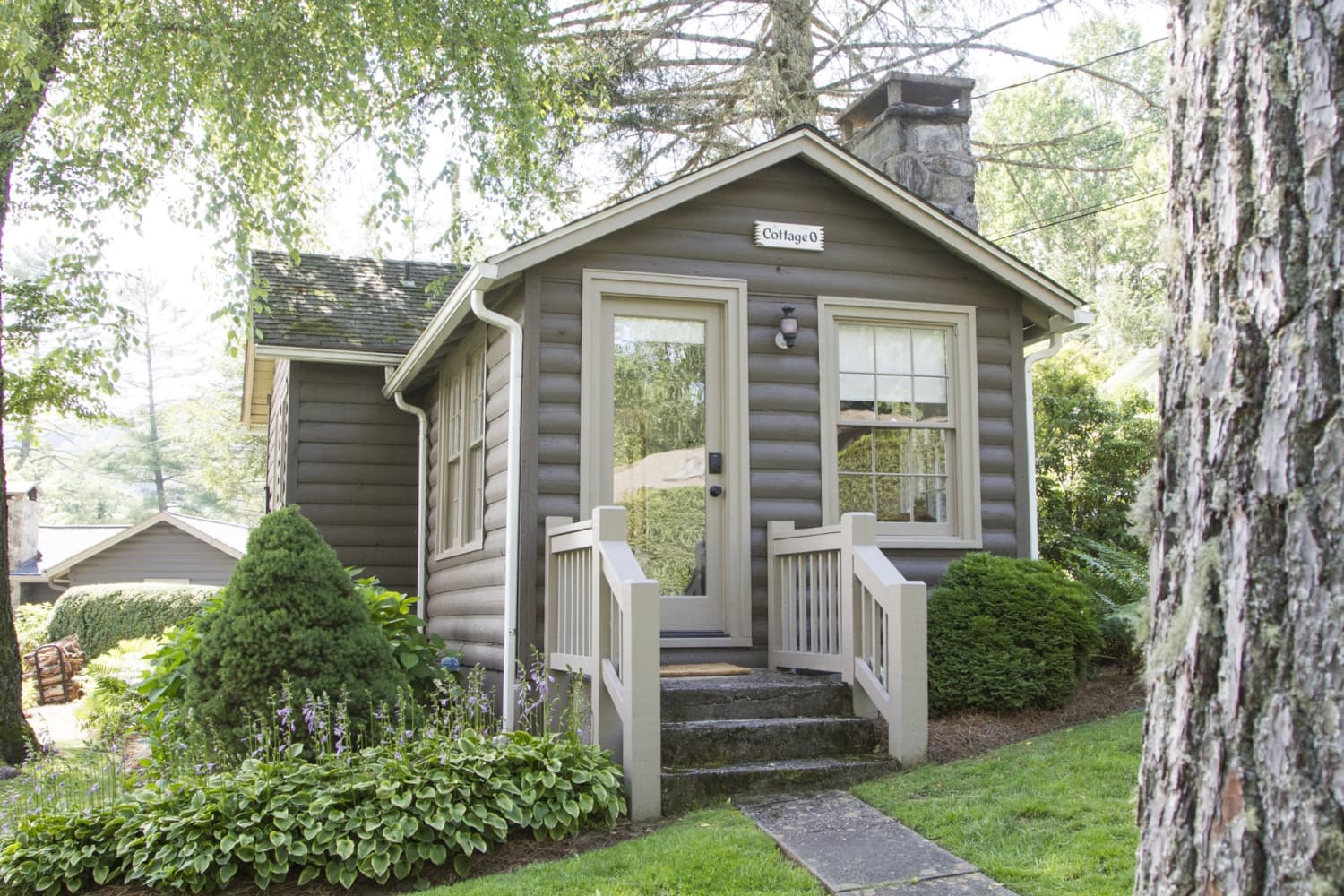Tiny homes for sale in NC mountains: Imagine waking up to breathtaking mountain views, the crisp mountain air invigorating your senses, all from the cozy comfort of your own exquisitely crafted tiny home. Escape the ordinary and embrace a life less cluttered, more connected to nature, and brimming with adventure. This isn’t just about downsizing; it’s about upgrading your life.
Discover the unique charm and affordability of tiny home living nestled amongst the stunning peaks of North Carolina’s majestic mountains. Prepare to be captivated by the possibilities.
This guide delves into the vibrant market of tiny homes in the NC mountains, exploring everything from average prices and desirable amenities to the legal considerations and financing options available. We’ll paint a vivid picture of the lifestyle, highlighting the pros and cons of this increasingly popular way of living, helping you make an informed decision about your next adventure.
Tiny Homes for Sale in the NC Mountains: A Comprehensive Guide: Tiny Homes For Sale In Nc Mountains
The North Carolina mountains offer a unique blend of stunning natural beauty, vibrant communities, and a growing interest in alternative lifestyles. This burgeoning interest has fueled a significant rise in the popularity of tiny homes, creating a dynamic and evolving market. This guide provides an in-depth look into the world of tiny home ownership in this picturesque region, covering market trends, property features, lifestyle considerations, legal aspects, and financing options.
Market Overview: Tiny Homes in NC Mountains
The market for tiny homes in the NC mountains is experiencing robust growth, driven by a desire for simpler living, affordability, and connection with nature. Buyers are often drawn to the region’s outdoor recreational opportunities, including hiking, fishing, and skiing. The typical buyer profile includes retirees seeking a peaceful retirement, young professionals looking for an affordable entry point into homeownership, and environmentally conscious individuals seeking a smaller ecological footprint.
Price ranges vary significantly depending on size, location, features, and whether the home is built on a foundation or on wheels. Generally, prices range from $40,000 to $150,000 or more for a complete, move-in ready tiny home. Factors influencing property values include the quality of construction, the inclusion of desirable amenities, proximity to amenities and attractions, and the scenic views.
| Region | Average Price (USD) | Factors Influencing Price | Notes |
|---|---|---|---|
| Asheville Area | $75,000 – $120,000 | Proximity to city amenities, high demand | Prices tend to be higher due to proximity to Asheville’s amenities. |
| Boone/Blowing Rock | $60,000 – $90,000 | Appalachian State University proximity, tourism | Prices influenced by the university and tourism industry. |
| Western NC Rural Areas | $45,000 – $70,000 | More remote locations, less developed infrastructure | Lower prices reflect more remote locations and less developed infrastructure. |
| Blue Ridge Parkway Corridor | $80,000 – $150,000+ | Scenic views, access to recreational trails | Higher prices due to the desirability of the location and access to the parkway. |
Property Features & Amenities
Tiny homes in the NC mountains vary in design and features, but common characteristics include sustainable building materials, energy-efficient appliances, and thoughtful space optimization. Many incorporate natural light and utilize locally sourced materials.
Buyers frequently prioritize features that enhance their connection with the natural environment, such as expansive windows offering mountain views, proximity to hiking trails, and off-grid capabilities like solar power and rainwater collection. Popular designs include modern minimalist styles, rustic cabin-inspired designs, and craftsman-style homes.
- High-quality insulation for energy efficiency
- Durable, weather-resistant exterior materials
- Smart home technology integration
- Customizable interior layouts to maximize space
- Outdoor living spaces such as decks or patios
Lifestyle & Location Considerations

Living in a tiny home in the NC mountains offers a unique lifestyle characterized by a strong connection with nature, a slower pace of life, and a close-knit community. However, it’s essential to weigh the pros and cons of remote living versus residing in a more developed area.
Access to essential services like high-speed internet and healthcare can vary significantly depending on location. Remote areas may offer greater privacy and tranquility but require careful consideration of commute times and service availability. Conversely, more developed areas provide greater convenience but may lack the same sense of seclusion.
| Location Type | Advantages | Disadvantages |
|---|---|---|
| Remote Mountain Community | Peace and quiet, stunning views, strong sense of community | Limited access to services, longer commutes |
| Developed Mountain Town | Easy access to services, amenities, and employment opportunities | Higher cost of living, less privacy, more noise |
Legal & Regulatory Aspects

Building codes and regulations for tiny homes in NC vary by county and municipality. It’s crucial to research local ordinances before purchasing or building a tiny home. The process of obtaining permits and approvals typically involves submitting detailed plans and meeting specific requirements related to size, setbacks, and safety.
Zoning regulations may restrict the placement of tiny homes in certain areas, particularly if they are not permanently affixed to a foundation. Purchasing a tiny home on existing land requires navigating property deeds, ensuring compliance with zoning regulations, and potentially obtaining a variance or special use permit.
Browse the implementation of 114 pill pink in real-world situations to understand its applications.
- Research local zoning ordinances and building codes.
- Submit building plans and obtain necessary permits.
- Secure land ownership or a suitable land lease agreement.
- Complete the home construction or placement process.
- Obtain a certificate of occupancy.
Financing & Ownership, Tiny homes for sale in nc mountains
Financing options for tiny homes include traditional mortgages, personal loans, and cash purchases. Securing financing can be challenging due to the unique nature of tiny homes; lenders may require appraisals and inspections to assess the property’s value.
Owning a tiny home versus renting land involves different financial implications. Owning land provides greater stability and potential for long-term investment, while leasing offers flexibility but requires ongoing rental payments. The cost of owning a tiny home, including purchase price, land costs (ownership or lease), utilities, maintenance, and property taxes, is generally lower than a traditional home in the NC mountains.
A typical cost breakdown might include: 40% purchase price, 30% land costs (lease or purchase), 15% initial setup and utility connection costs, and 15% for ongoing maintenance and property taxes (annual). This is a general example and can vary considerably based on the specific circumstances.
Owning a tiny home in the NC mountains isn’t just a purchase; it’s an investment in a unique lifestyle. It’s about embracing simplicity, connecting with nature, and forging a life rich in experiences. Whether you’re seeking a weekend getaway or a permanent residence, the allure of mountain living combined with the practicality and charm of a tiny home offers an unparalleled opportunity.
Start your journey today – explore the possibilities and discover your perfect mountain retreat. The mountains are calling; will you answer?



